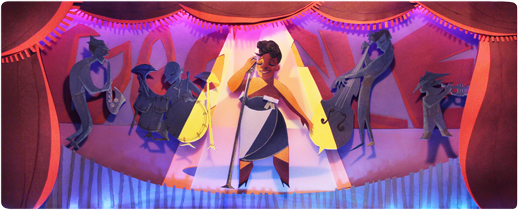"That's a good thing, right?" she asked with a smile.
It is a good thing, indeed. Taking such an interest can also mean that I end up worrying about things I don't really have any business worrying about. Because, I can't change a damn thing, which is what the personnel officer tried telling me even at the campus interview as I was wrapping up my undergraduate degree.
I worried about her sister's college admission. A high school senior I haven't even met! Later that night, I wrote in an email to "K":
you may want to pass this along to your sister. This news item will also provide you folks with a perspective on what makes a college "selective" and why it matters.It is a dirty, rotten, secret in higher education that is rarely ever openly discussed: it is not merely the diploma. A diploma from a college like where I work doesn't have the same weight as a diploma, in the same academic major, from a different college. The selectivity of the college and its prestige matter a lot. I would think that it is the same case anywhere in the world. On top of that, the possibility for post-college career connections at those selective institutions dwarf what a student at the university here can even hope for.
Add to all that the family background.
And then the dollars that students shell out.
The bottom-line then is a disastrous reality:
If you are a low-income prospective college student hoping a degree will help you move up in the world, you probably should not attend a moderately selective four-year research institution. The cards are stacked against you.
That’s the sobering bottom line of Paying for the Party: How College Maintains Inequality (Harvard University Press), a new book based on five years of interview research by Elizabeth A. Armstrong, an associate professor of sociology and organizational studies at the University of Michigan, and Laura T. Hamilton, an assistant professor of sociology at the University of California at Merced.












.jpg)








